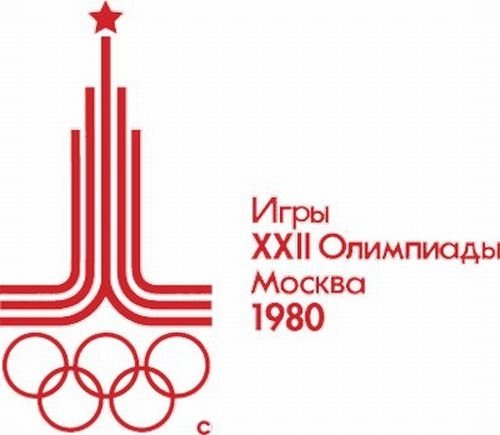|
|
Summer Olympic Games Logos 1896 - 2016
|
For individual sports, competitors typically qualify through attaining a certain place in a major international event or on the IF's ranking list. National Olympic committees may enter a limited number of qualified competitors in each event, and the NOC decides which qualified competitors to select as representatives in each event if more have attained the benchmark than can be entered. Many events provide for a certain number of wild card entries, given to athletes from developing nations. Nations qualify teams for team sports through continental qualifying tournaments, in which each continental association is given a certain number of spots in the Olympic tournament. The host nation is generally given an automatic qualification.
The modern Olympic Games were founded in 1894 when Pierre Fredy, Baron de Coubertin sought to promote international understanding through sporting competition. He based his Olympics on the Wenlock Olympian Society Annual Games, which had been contested in Much Wenlock since 1850. The first edition of de Coubertin's games, held in Athens in 1896, attracted just 245 competitors, of whom more than 200 were Greek, and only 14 countries were represented. Nevertheless, no international events of this magnitude had been organized before. Female athletes were not allowed to compete, though one woman, Stamata Revithi, ran the marathon course on her own, saying "if the committee doesn’t let me compete I will go after them regardless".
|
|









